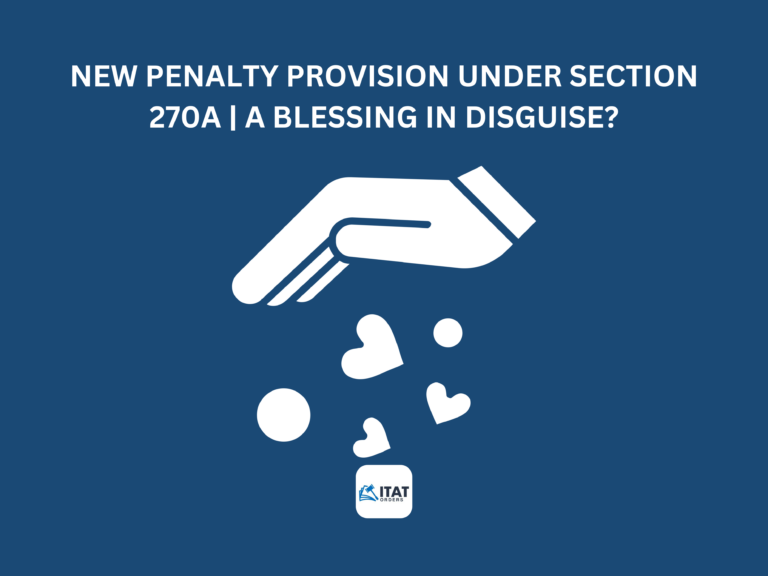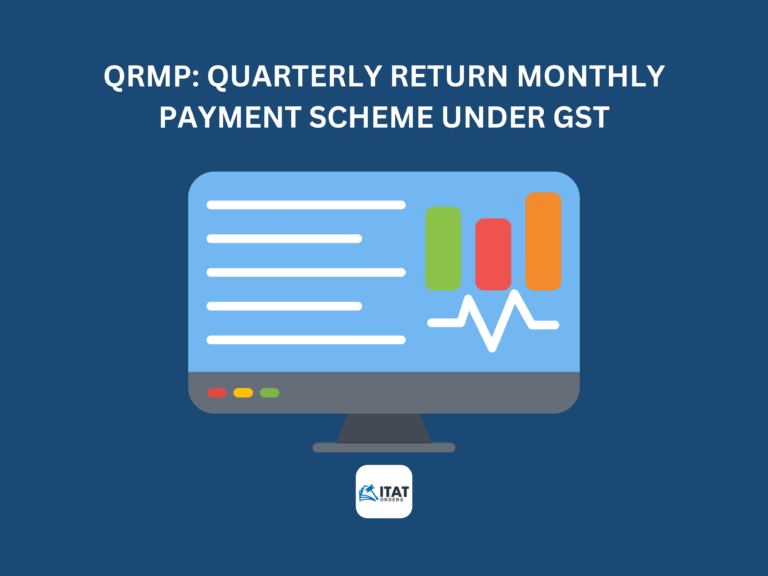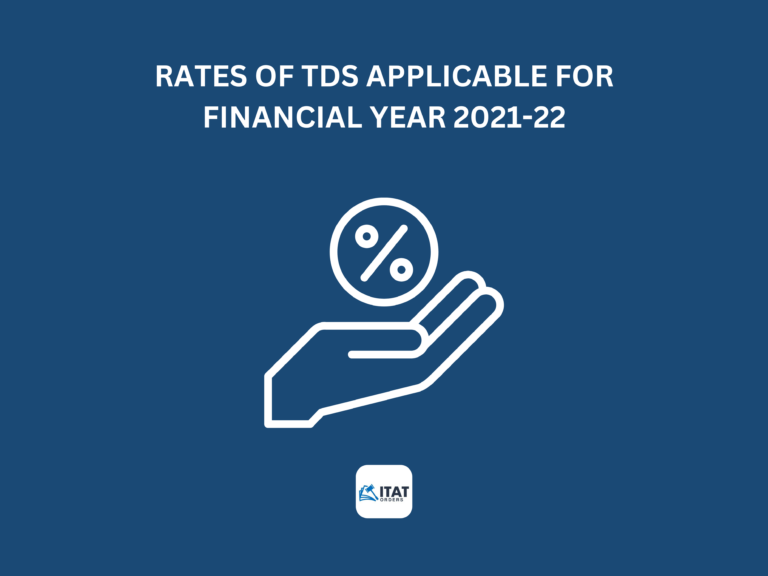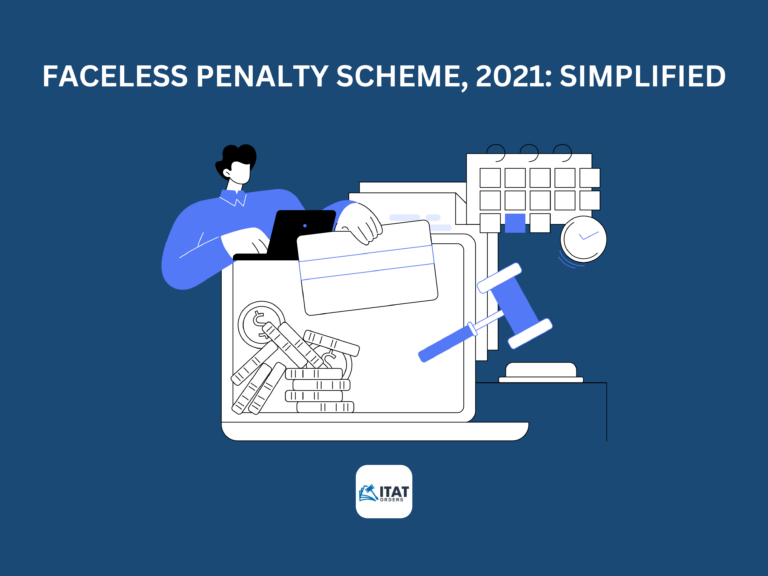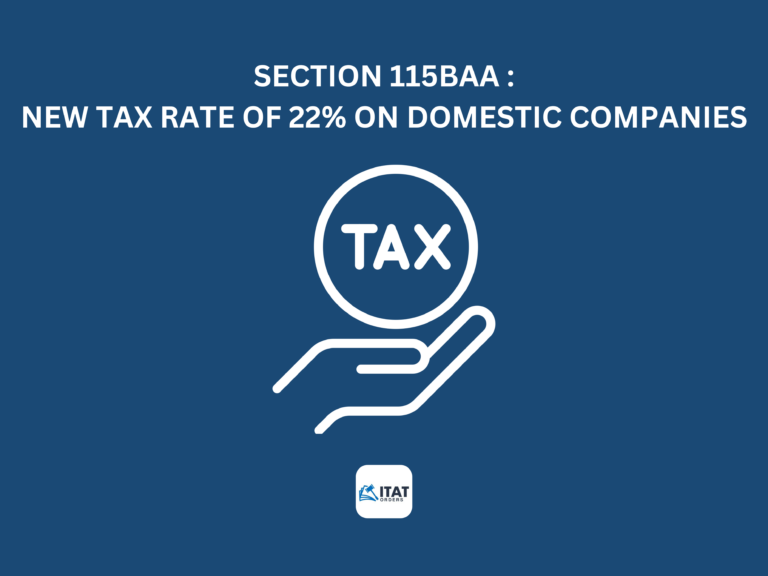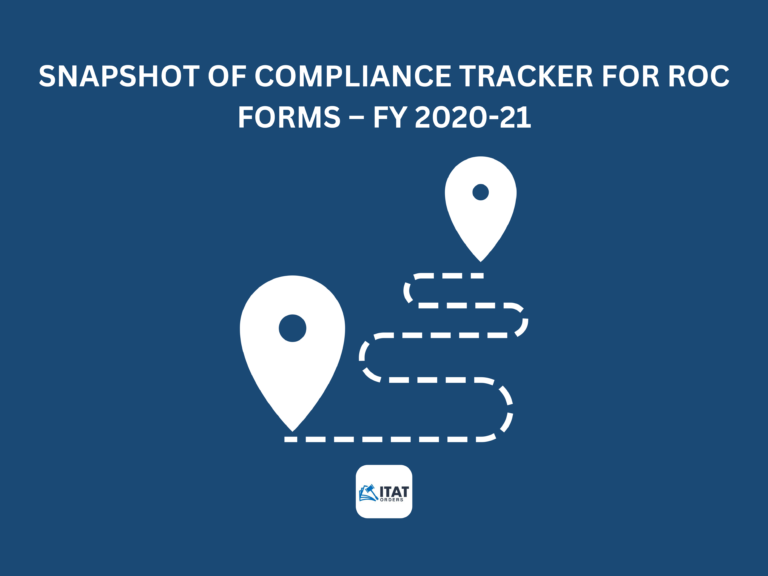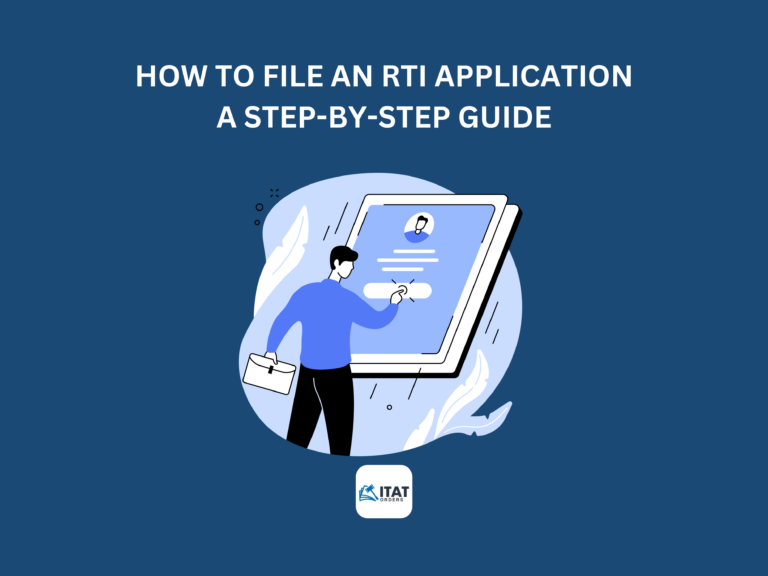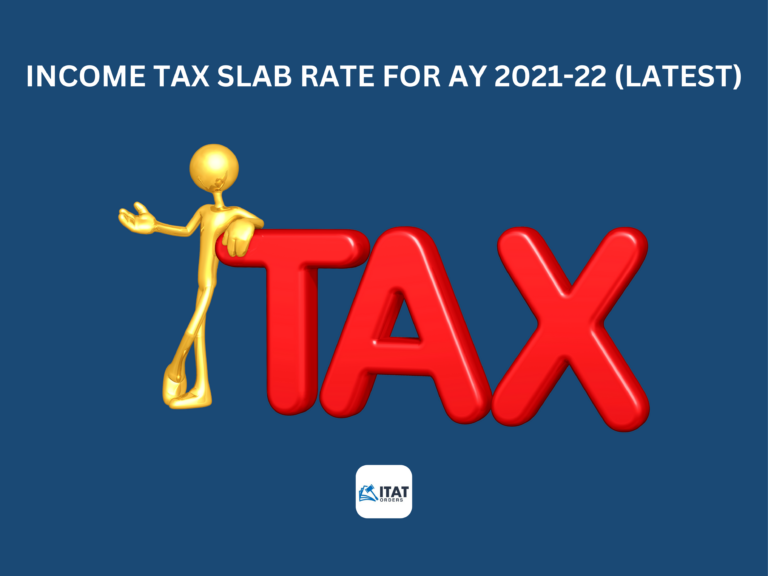Penalty on Concealment of particulars of income or furnishing inaccurate particulars of income has always been a matter of litigation between the department and the assessee.
The scope of such provisions was always a subject matter of litigation since the tax authorities always levied the penalty whenever there was an addition or disallowance made by the AO even in cases where there was no prima facie case against the taxpayer.
The Finance Act, 2016 (FA, 2016) has, with effect from 1.4.2017, inserted section 270A in the Income-tax Act, 1961 with a view to substituting the provisions of section 271(1)(c) dealing with a levy of penalty for concealment of income or furnishing of inaccurate particulars.
The Finance (No. 2) Act, 2019 has amended section 270A with retrospective effect from 1.4.2017.
Which authorities can levy penalty u/s 270A
Penalty u/s 270A of the Act can be imposed by Assessing Officer, Commissioner (Appeals) or the Principal Commissioner or Commissioner.
Scope of penalty u/s 270A
Penalty u/s 270A shall be levied on the under-reported Income or under-reported Income as a consequence of any misreporting thereof.
Quantum of Penalty u/s 270A
| Particulars | Quantum |
| In case of Underreporting of Income | 50% of the amount of tax payable on under-reported income |
| In case of Underreporting of Income in consequence of any misreporting thereof | 200% of the amount of tax payable on under-reported income |
What is Under-Reporting of Income?
A person shall be considered to have under-reported his income if, ––
- the income assessed is greater than the maximum amount not chargeable to tax, where no return of income is filed;
- the assessed income is greater than the income determined upon processing under section 143(1)(a), where the return is filed;
- the income assessed is greater than the income assessed or reassessed immediately before such reassessment;
- the income assessed or reassessed has the effect of reducing the loss or converting such loss into income;
- the amount of deemed total income assessed or reassessed under section 115JB/115JC is greater than the deemed total income determined in the return processed under section 143(1)(a);
- the amount of deemed total income assessed as per the provisions of section 115JB/115JC is greater than the maximum amount not chargeable to tax, where no return of income has been filed;
- the amount of deemed total income reassessed as per the provisions of section 115JB/115JC is greater than the deemed total income assessed or reassessed immediately before such reassessment.
What is Mis-reporting of income?
Cases of misreporting of income shall be the following –
- misrepresentation or suppression of facts;
- failure to record investments in the books of account;
- the claim of expenditure not substantiated by any evidence;
- recording of any false entry in the books of account;
- failure to record any receipt in the books of account having a bearing on total income; and
- failure to report any international transaction or any transaction deemed to be an international transaction or any specified domestic transaction, to which the provisions of Chapter X of the act.
Section 270AA has been inserted into the Act to reduce the litigation and tet the speedy recovery of the tax along with interest.
In section 270AA of the Act, the Assessee has been provided with an option to making application to AO for granting immunity from imposition of penalty under section 270A and initiation of proceedings under section 276C or section 276CC, subject to fulfilment of following conditions: –
- (a) the tax and interest payable as per the order of assessment or reassessment under sub-section (3) of section 143 or section 147, as the case may be, has been paid within the period specified in such notice of demand; and
- (b) no appeal has been filed
The application has to be made in form No. 68 within 30 days from the end of the month in which the order has been received by the Assessee.
After providing opportunity to the Assessee, the AO shall pass the order either accepting the application or rejecting the same within one month from end of month in which application is made by the Assessee. The order so passed by the AO shall be final and is non appealable.
If the application is accepted by the AO, then no appeal u/s 246A or revision u/s 264 shall be admissible. However, the Assessee can file appeal u/s 246A or revision u/s 264 of the Act, if the immunity application has been rejected by the AO. The appeal in such cases has to be filed with condonation of the delay.
Immunity u/s 270AA is not available in the cases covered u/s 270A(9) i.e. misreporting of income.
Accordingly, immunity from penalty can be granted only in the case where penalty has been initiated on the ground of under-reporting of income.
Further, immunity is not available in piecemeal or issue wise, it has to be for the Assessment Order in its entirety.
Therefore, the Assessee has to forego his right to appeal with respect to all the additions made in the Assessment Order of the assessee. As per the strict interpretation of the Section, Assessee cannot pray for immunity on issue wise.
Conclusion:-
As compared to the earlier penalty mechanisms, new provisions are certainly at a higher objective to fulfil.
However, as is the case with any new provisions of law, there are a number of unresolved issues which need to be resolved in order to make these provisions workable in a clear and litigation free manner.
The income Tax department is also taking a technological turn with the new Income Tax portal designed to serve taxpayers and stakeholders. get the full coverage about the New Income Tax portal here.
